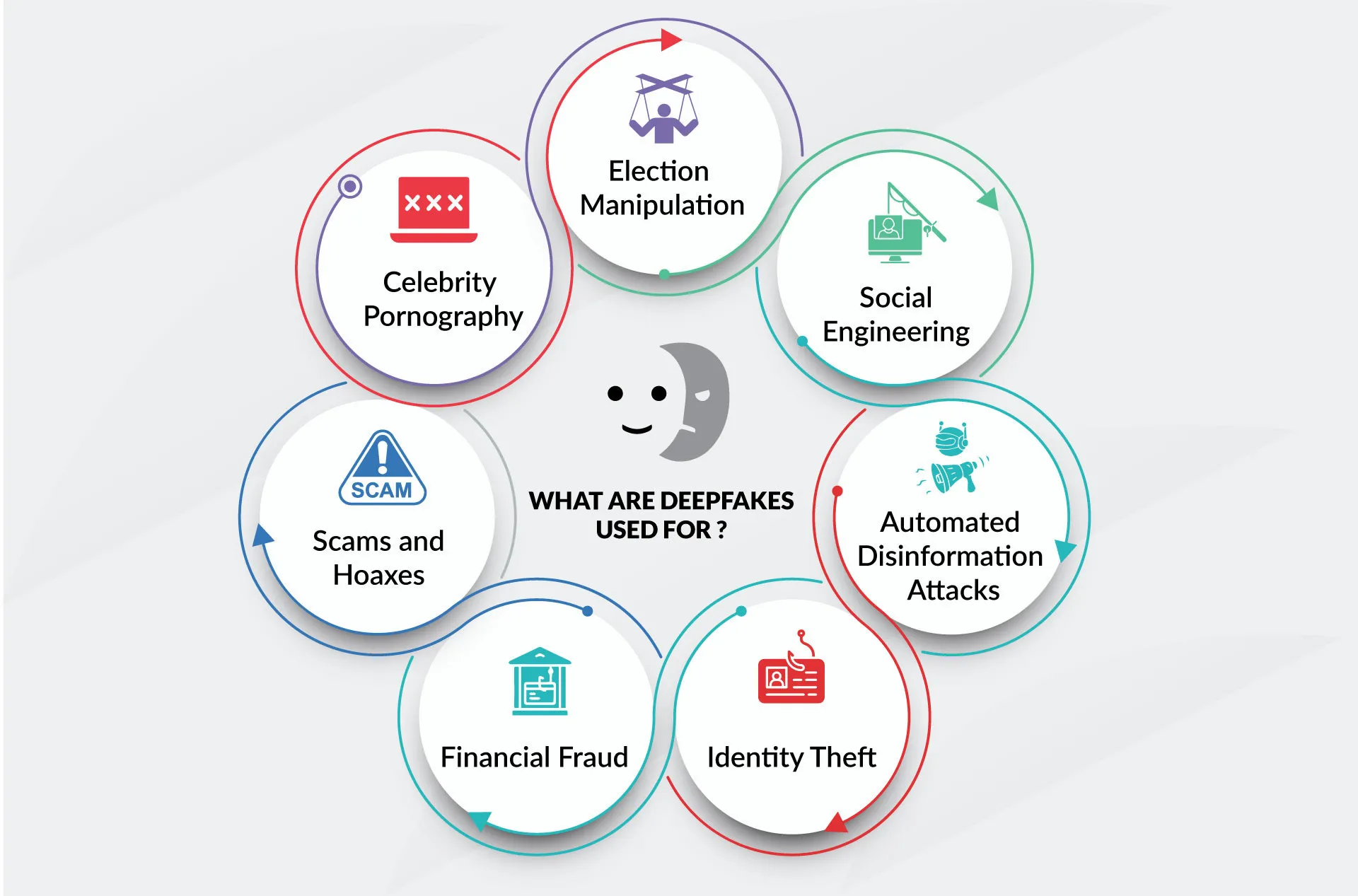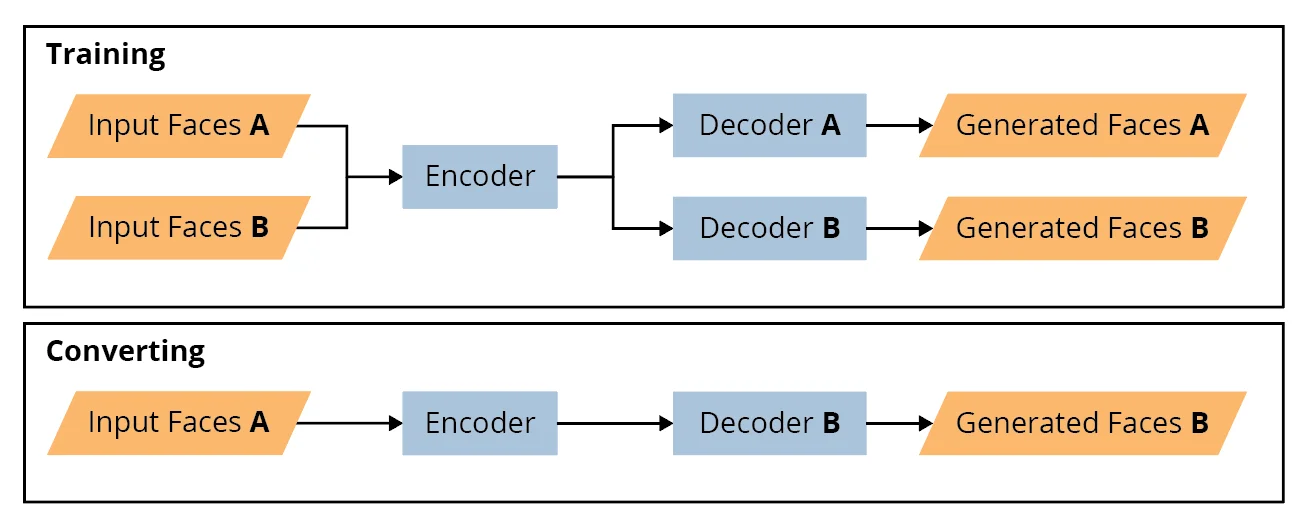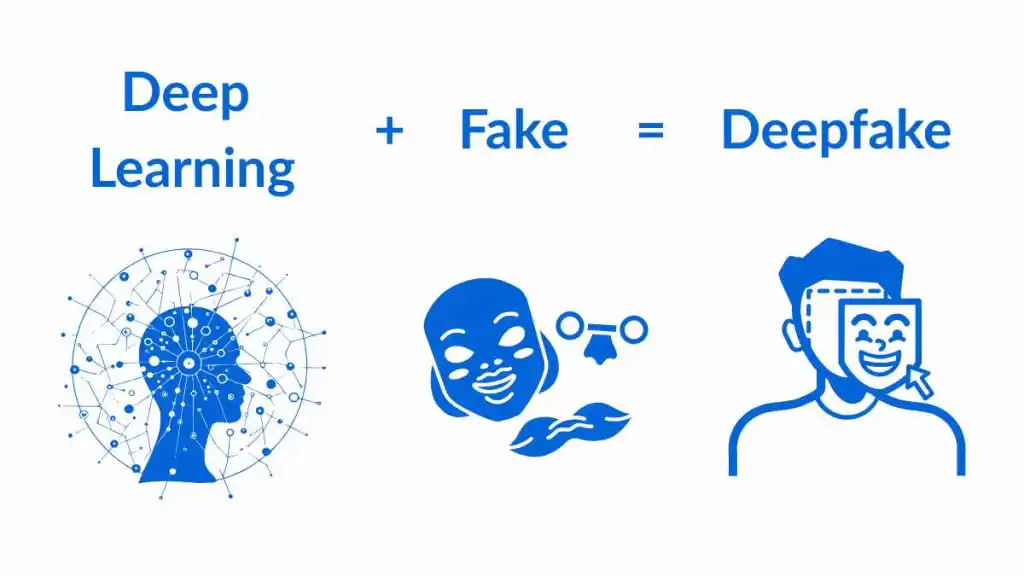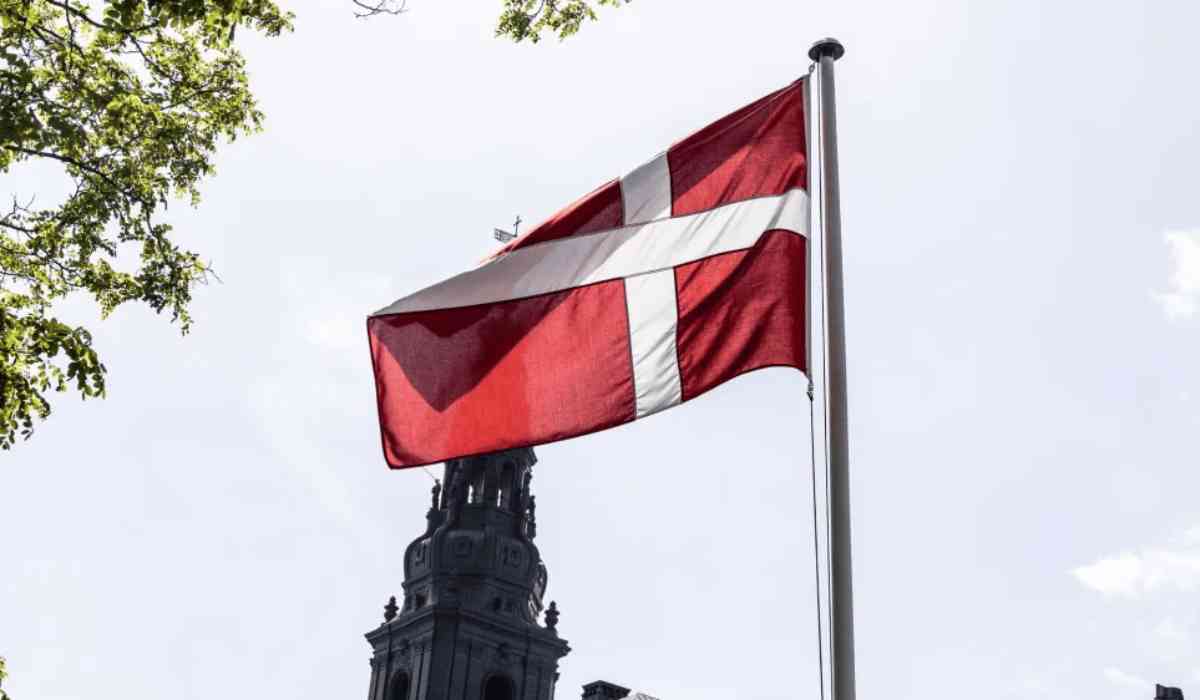In a bold and unprecedented move to combat the growing threat of AI-generated deepfakes, Denmark is on track to become the first European country to grant individuals copyright over their face, voice, and physical likeness. This landmark legal reform could redefine digital identity rights across Europe and potentially reshape global approaches to personal data protection in the age of artificial intelligence.
Backed by widespread political support and praised for its forward-thinking intent, the proposed law marks a monumental shift in the way governments protect individuals from the risks of AI misuse. Set for finalization in the fall of 2025 and full implementation by the end of the year, the legislation would embed the right to one’s digital identity directly into Denmark’s copyright law.
A Legal Shield Against Deepfakes: What the New Danish Law Will Do
The core function of the legislation is to allow Danish citizens to legally own the rights to their face, voice, and bodily likeness. This legal recognition empowers individuals to:
-
Request the removal of unauthorized AI-generated content, including manipulated images, synthetic audio, or video.
-
Pursue financial compensation for violations of their digital likeness.
-
Hold online platforms accountable if they fail to remove offending content after being notified.
Under this proposed legal framework, unauthorized deepfakes would be considered a breach of copyright, just like stealing a song or a piece of writing. This makes Denmark the first country in the world to place personal appearance on par with other intellectual property assets.
Culture Minister Sends a Clear Message: “Your Face, Your Rights”
According to Denmark’s Minister of Culture, Jakob Engel-Schmidt, the law is intended to send a powerful message: every person owns the rights to their own body, voice, and image. In a world where AI can clone people with shocking accuracy and little effort, the need for stronger digital protections has never been more urgent.
“We’re entering a new era where our physical identity is at risk of being exploited digitally,” Engel-Schmidt said. “This legislation is about reclaiming control. You have the right to your own voice, your own body, and your own facial features.”
The law will serve as a defense against deepfakes used for malicious purposes—ranging from non-consensual pornography and scam campaigns to fake political statements. Engel-Schmidt added that while technology is advancing rapidly, regulation must keep pace to protect individual rights and democracy itself.

Carve-Outs for Satire and Parody: Preserving Freedom of Expression
To strike a balance between protection and creative freedom, the Danish government has built safeguards into the law. Exceptions will be made for satire, parody, and artistic expression, ensuring that freedom of speech and humor remain intact.
The Ministry of Culture emphasized that the goal is not to stifle creativity, but to combat deceptive or harmful uses of AI. These include impersonations that could mislead the public, damage reputations, or infringe on personal dignity.
A New Standard for the Digital Era: Implications for Influencers, Creators, and Platforms
For the influencer marketing industry, the entertainment sector, and online content creators, Denmark’s new copyright law could be a game-changer.
As generative AI tools become increasingly accessible, the unauthorized replication of creators’ faces or voices in sponsored content or fake endorsements is becoming more common—and more dangerous. Such impersonations can mislead consumers, damage brands, and tarnish reputations.
Under the new Danish law, creators and public figures will have a legal toolset to protect their image, demand takedowns of illicit content, and pursue financial redress. Tech companies and social media platforms, in turn, will be legally obligated to act quickly once such content is reported—or face severe penalties.

Strong Enforcement Backed by the EU Digital Services Act
Although the law will rely on civil enforcement mechanisms, rather than criminal prosecution, its strength lies in its alignment with the EU Digital Services Act (DSA).
According to the proposed framework:
-
Platforms that fail to remove deepfakes upon notification may be subject to hefty fines, administered either by the Danish Supervisory Authority or the European Commission.
-
The DSA mandates post-notification removal obligations, and Denmark’s legislation will serve as a national extension of those principles.
Engel-Schmidt emphasized that platforms should take this regulation “very seriously,” as non-compliance could result in serious financial consequences.
Defending Democracy and Artistic Rights in the AI Age
One of the Ministry’s driving motivations is the preservation of democratic integrity. As deepfake technology becomes increasingly convincing, it could soon become nearly impossible to distinguish between real and manipulated content. The implications for political misinformation, public trust, and electoral manipulation are enormous.
Performing artists are also seen as particularly vulnerable to AI mimicry. With the rise of voice cloning and video synthesis tools, musicians, actors, and public speakers risk having their unique talents hijacked by algorithms.
The law would extend additional protections for performing artists, ensuring that their creative work cannot be replicated by AI without their explicit consent.

A Global First: The Legal Recognition of Digital Identity as Copyrightable
This legislative proposal is not just a national milestone—it is a global first. By formally recognizing a person’s physical likeness as intellectual property, Denmark is redefining the scope of copyright law for the 21st century.
Previously, copyright protections covered tangible works like books, songs, or visual art. Now, your voice, your face, and your body could receive the same legal status.
This trailblazing move is expected to resonate well beyond Denmark’s borders. As the country prepares to assume the presidency of the EU Council in 2025, Danish officials have pledged to champion similar laws across the European Union.
Public Consultation and Roadmap for Implementation
The Danish Ministry of Culture announced the proposal on June 26, 2025, and has opened it to public consultation throughout the summer. The government plans to submit the law for formal EU review before bringing it to the Danish Parliament later this year.
The expected timeline is as follows:
-
Summer 2025: Public consultation phase.
-
Fall 2025: Formal proposal finalized and submitted to the EU.
-
Late 2025 or Early 2026: Law passed and enacted.
Once implemented, Denmark will stand as the first nation where a person’s digital likeness is legally their own—and not just a digital artifact to be copied and manipulated.

What This Means for You
If you’re a Danish citizen, the upcoming legislation will empower you to:
-
Control the use of your likeness in the digital space.
-
Seek damages if your voice, face, or body are used without your permission.
-
Hold platforms legally responsible when they fail to act on reported misuse.
-
Feel safer in a digital environment increasingly influenced by AI.
The message is clear: Your face, your voice, your rights.
A Historic Step Toward Ethical AI Use
Denmark’s deepfake legislation is more than just a local legal change—it’s a historic milestone in the global debate over digital rights, AI ethics, and personal autonomy.
By prioritizing individual consent and holding platforms accountable, this law paves the way for a more responsible and respectful digital future. As countries around the world grapple with the ethical dilemmas of AI, Denmark has taken a clear and courageous stand: human identity is not for imitation without permission.
This legislation may well become a blueprint for the rest of the world, signaling that even in a high-tech era, the rights to our own bodies—and how they’re used—remain firmly our own.
With inputs from agencies
Image Source: Multiple agencies
© Copyright 2025. All Rights Reserved Powered by Vygr Media.

























